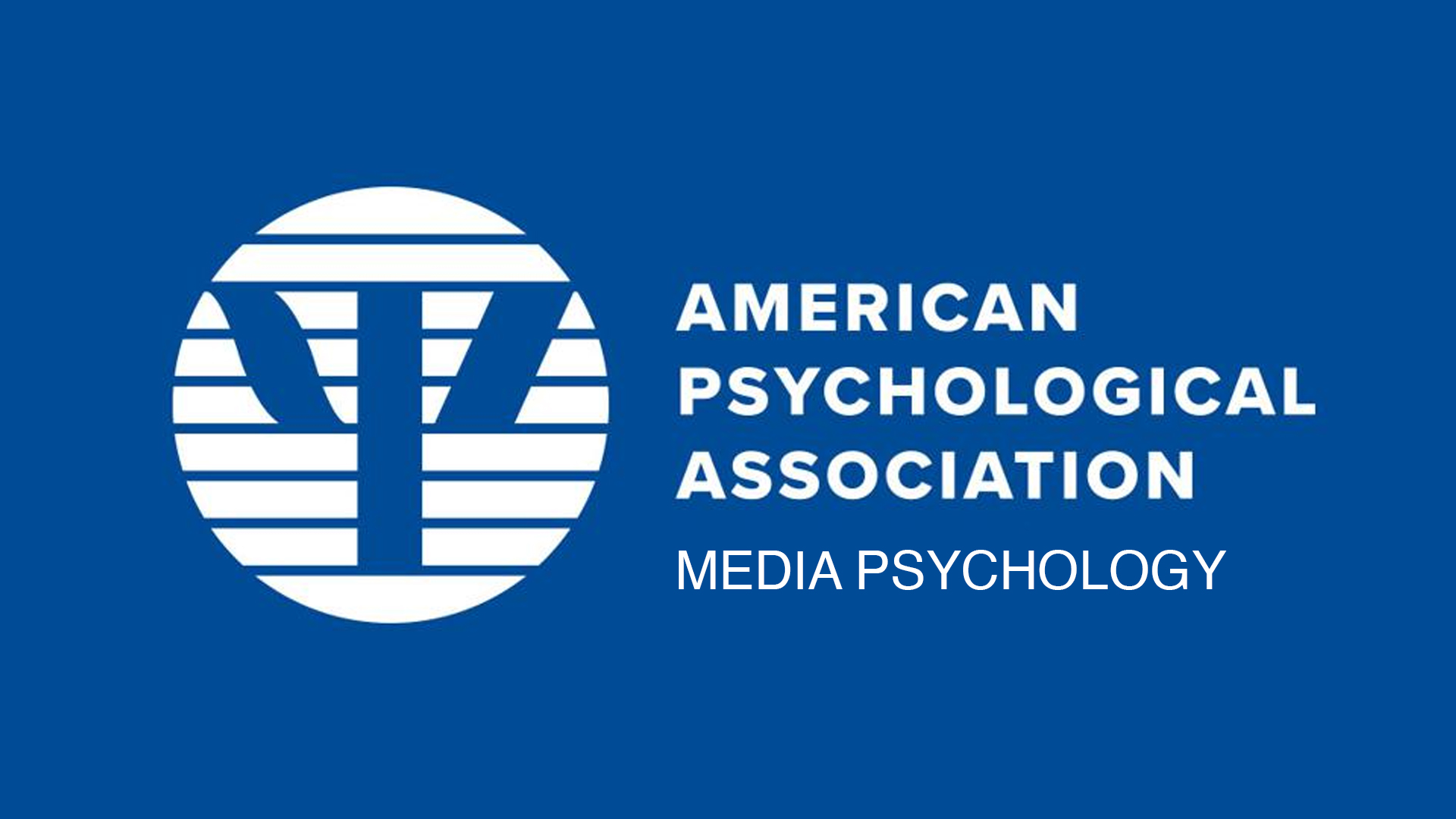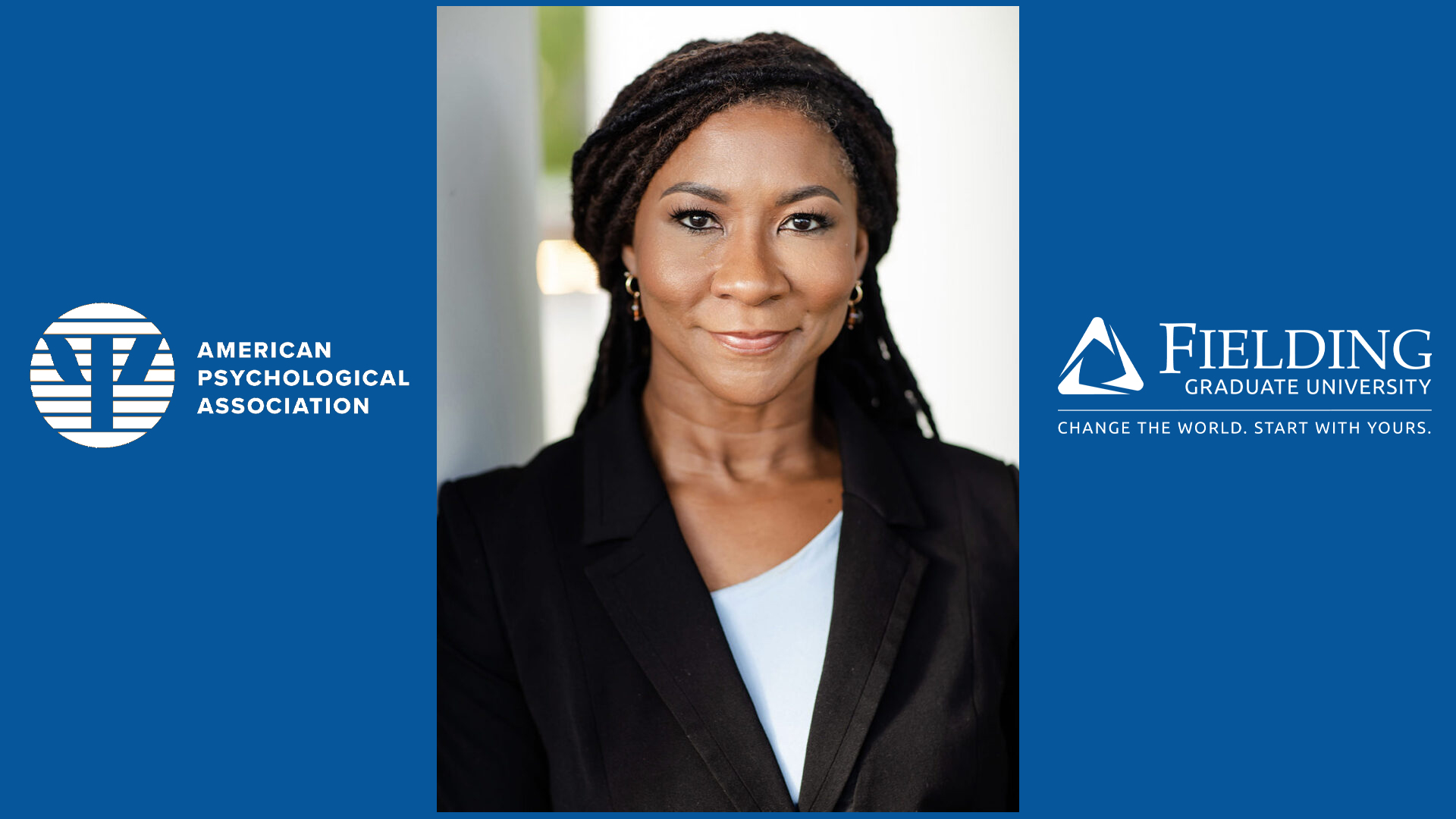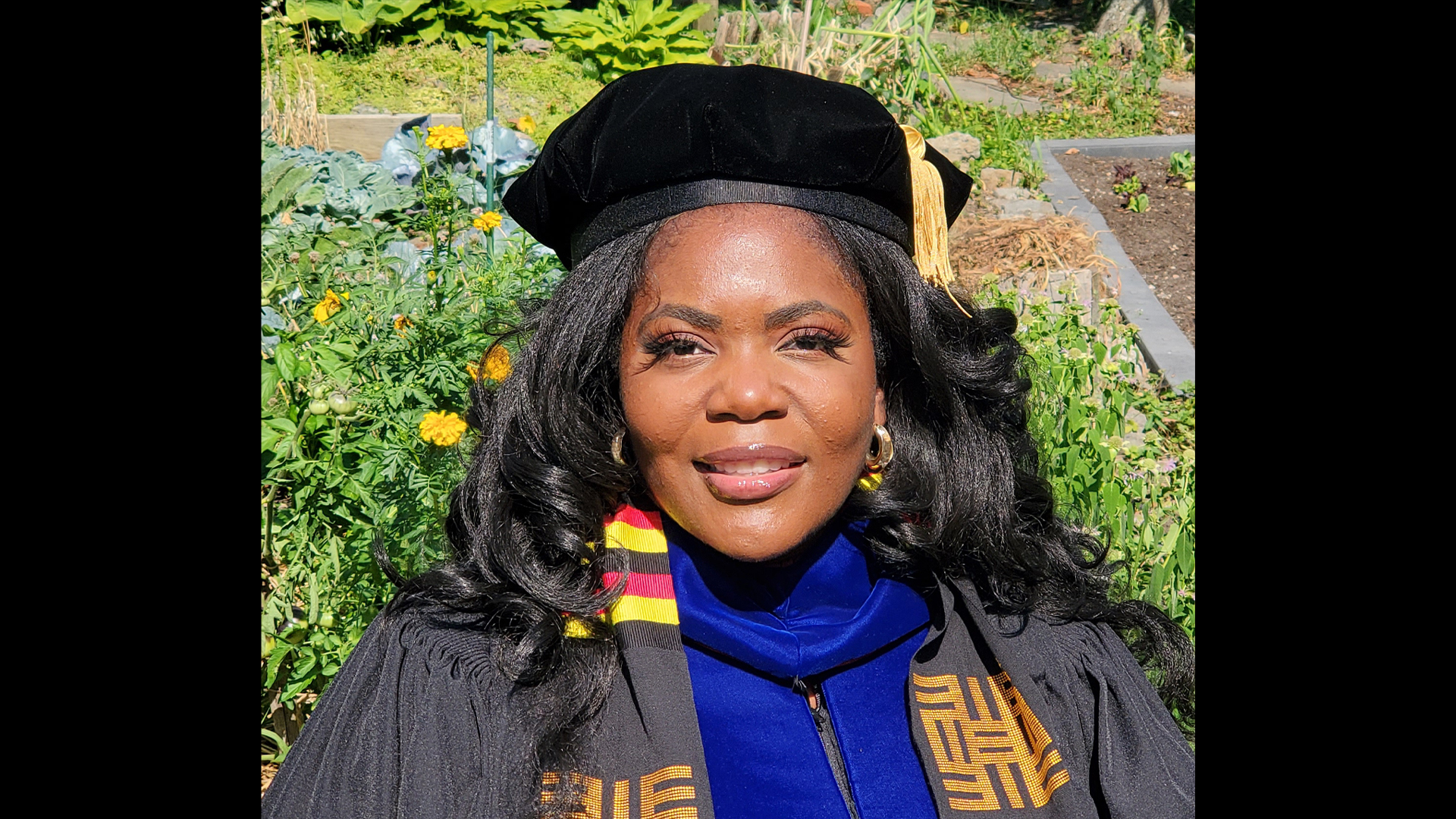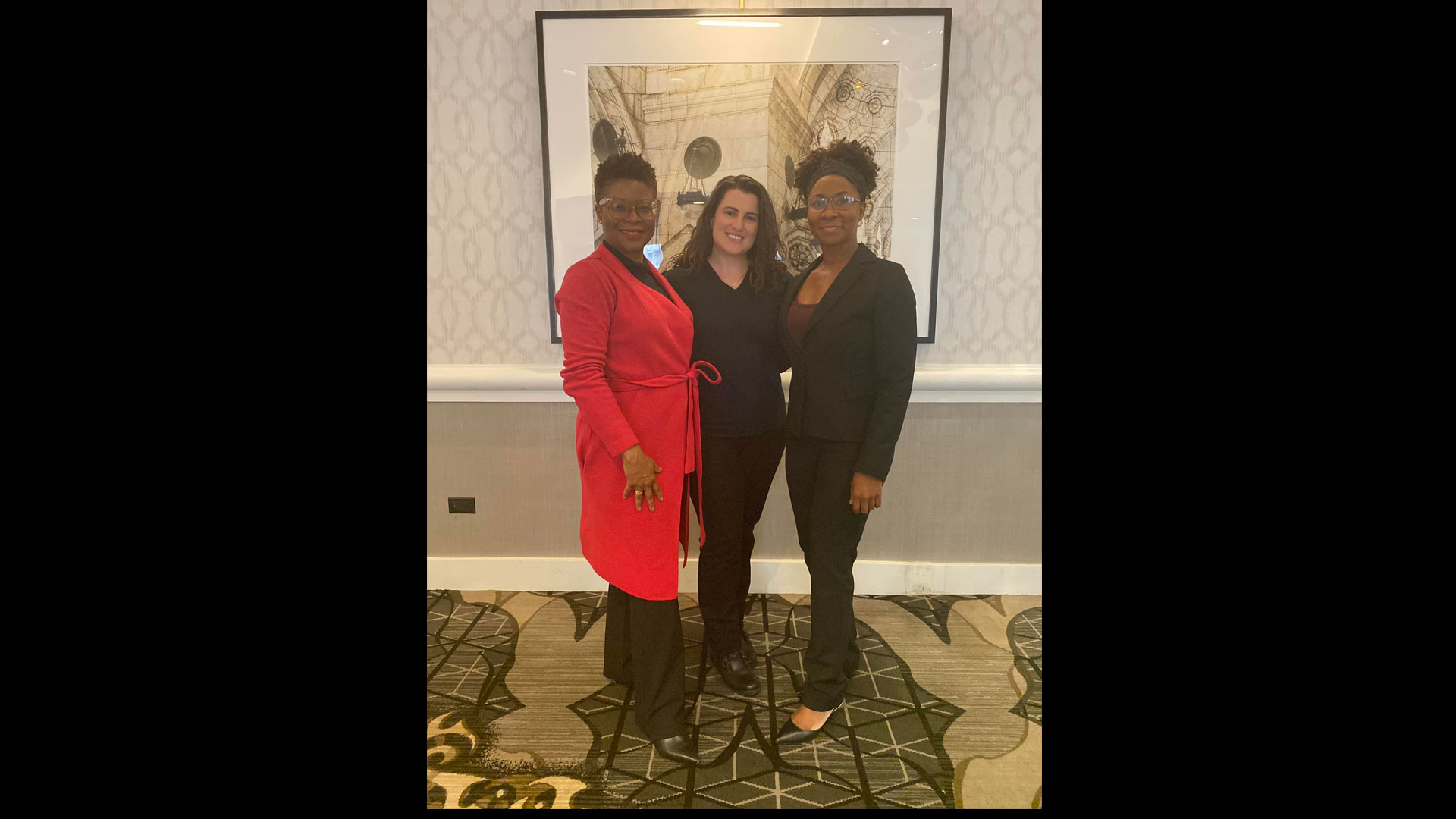American Psychological Association (APA) Annual Convention 2025
admin2025-04-08T13:45:53-07:00American Psychological Association (APA) Annual Convention 2025 Bringing Fielding to You: Conference Connections and Building Community We’re excited to bring the Fielding community together at this year's APA's Annual Convention 2025! Whether you are an attendee, presenter, moderator, poster presenter, award recipient, or part of the conference planning itself, we ask that you register here so we can: Recognize & Promote You – Help us highlight your role in the conference ahead of time within the Fielding community. Engage in Marketing Opportunities – Your insights and expertise could be featured in Fielding communications. Connect & Network – We want to [...]






